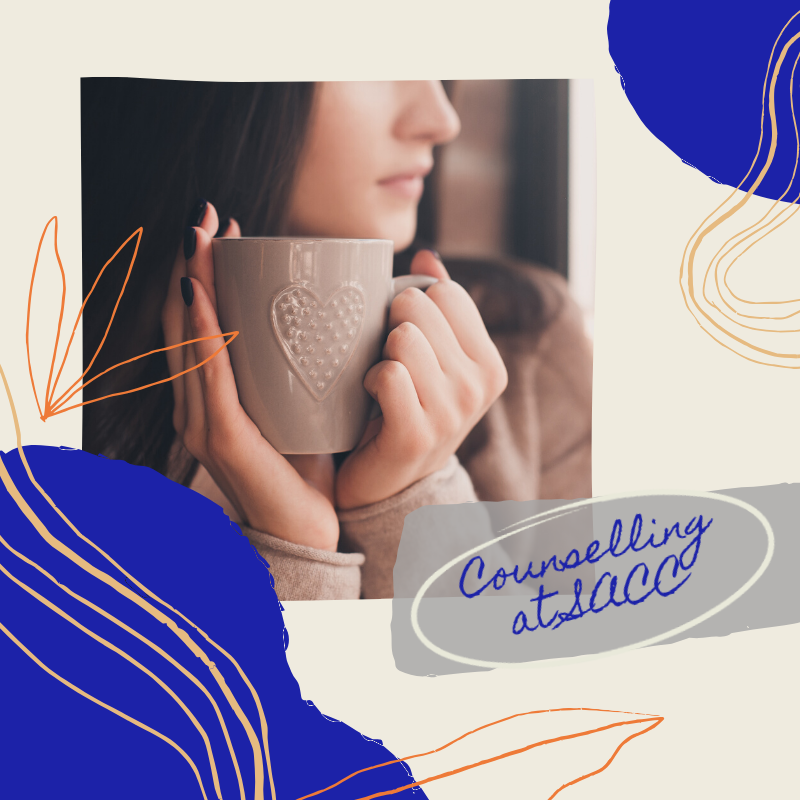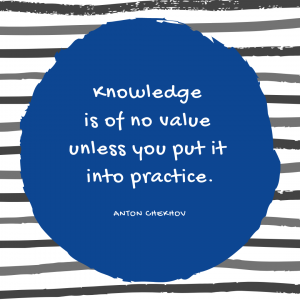What is involved in counselling?

Counselling is a conversation with a trained Social Worker where you work together to deal with the effects of the trauma. You know best how the trauma has affected you and the Social Worker knows what can help. Choosing to talk to a counsellor works when you feel that you need help. Counselling can help you:
- Understand how the trauma has impacted you
- Understand your reactions and emotions
- Recognize your strengths, self-worth and value
- Learn tools that will reduce the impact of trauma
- Sort out what is a result of trauma and what is related to the challenges of daily living
The Counsellors at SACC are all registered Social Workers who are trained especially to help survivors of sexual violence. Their experience and knowledge give them the tools to help. What you can expect:
- The Social Worker will work with you to help identify the impact on you
- The Social Worker may use tools and written exercises to help to identify the impact on you
- The Social Worker will become ‘your coach’, give you tools to manage the impact of sexual violence on you, and will ask you to routinely practice them. You will be asked to use these tools in a way that is right for you
- You will be encouraged to practice self-care – exercise, eating right and getting sleep
- You will be asked to be open, honest and willing to value direct and honest feedback from you Social Worker – if we do not know what is going on how can we help?
- You will be asked to share your reactions to what happened (not your story) – trust that your Social Worker knows that some things you might feel ashamed about are really common reactions to victimization and trauma
- Your Social Worker will ask that you take risks, try new things and be committed to personal growth
Understand that the hard work is done outside of counselling sessions – just talking about change does not make it happen – it requires hard work and commitment on your part.

Clients who come to the Sexual Assault Crisis Centre are experts in their own lives. Clients and counsellors are equal. Clients are experts about themselves and their own experiences. Counsellors are experts on coping skills, strategies for helping and providing information in the community.
Counsellors acknowledge and respect the differences between the clients and themselves.
The counsellor make no judgements about the client or their situation.